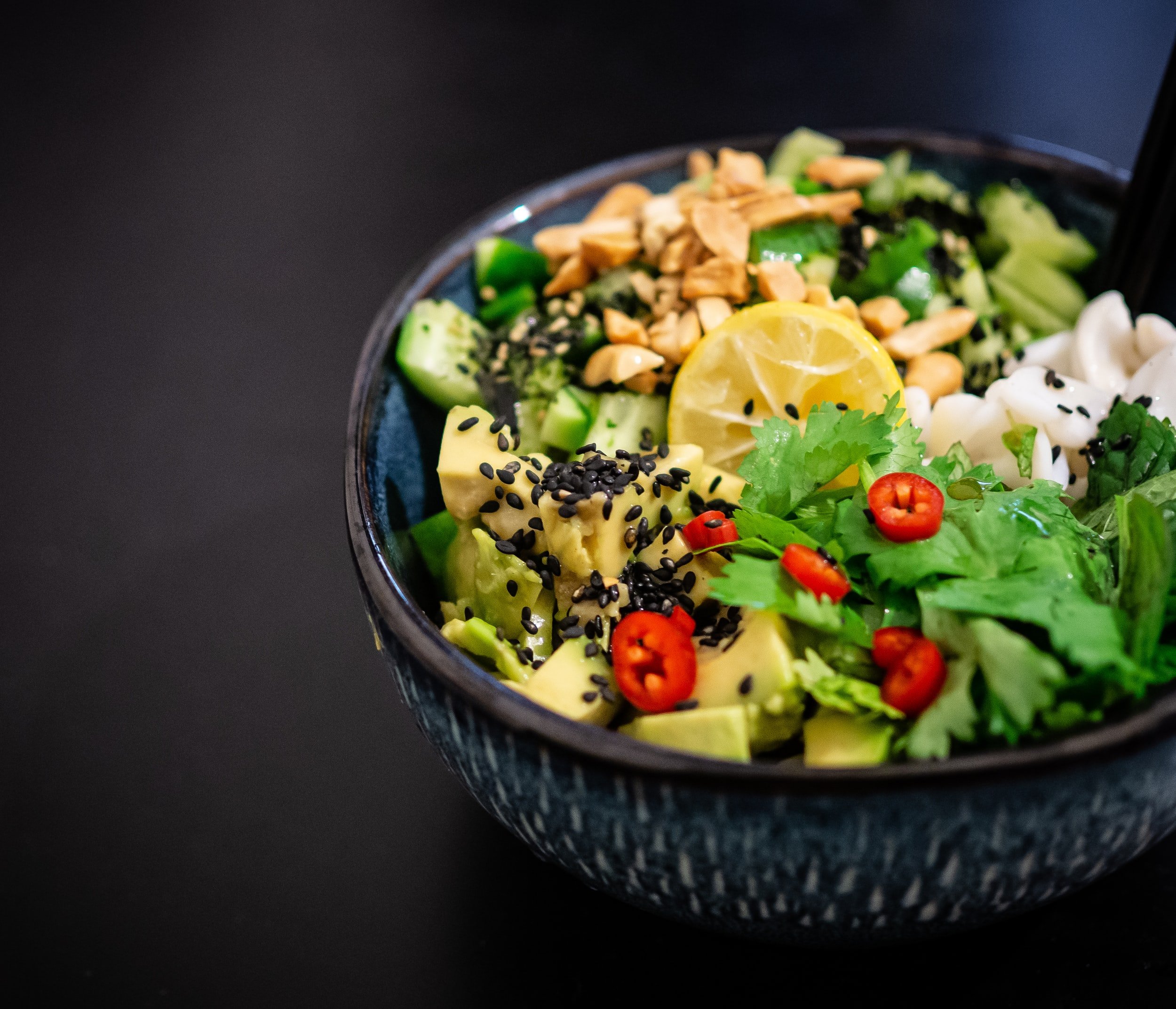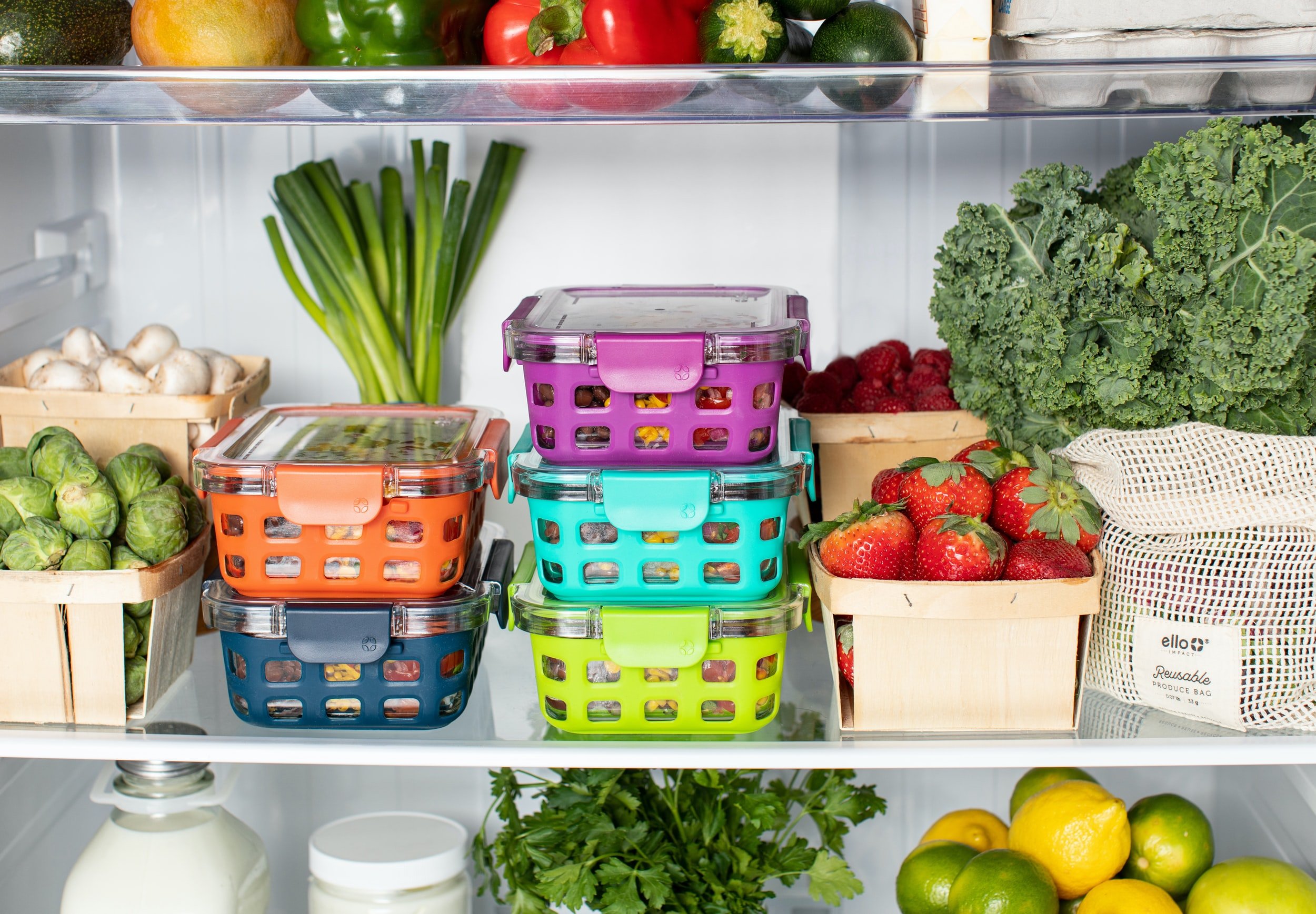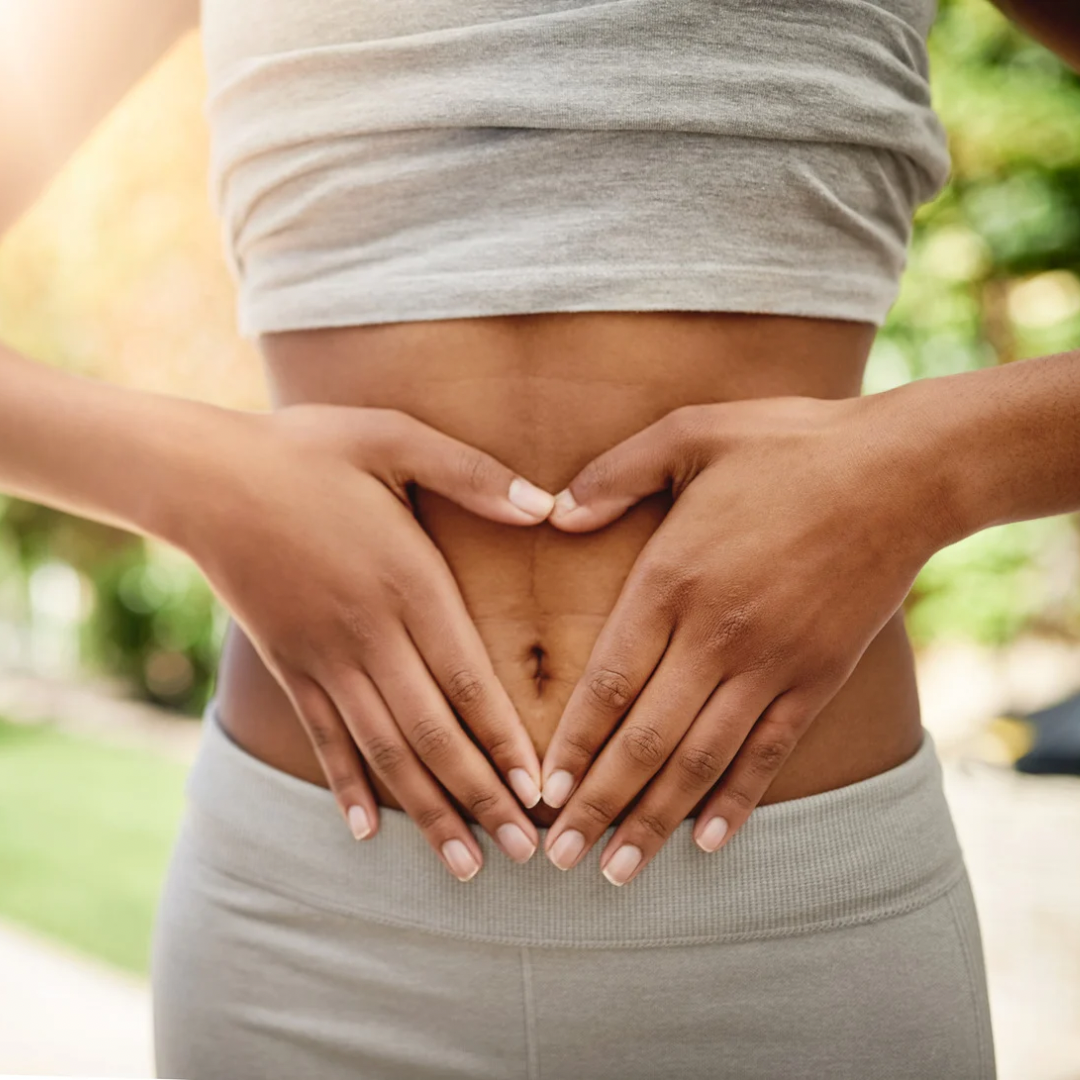Gut Health & Glowing Skin: How Probiotics Can Help Your Skin
Most of us have suffered from a skin flare-up at least once. Many people deal with regular breakouts, spot scars that just never heal, or acne – and they are downright annoying.
This can be even more frustrating when you’re washing your face twice a day, thoroughly, and have a consistent skincare regime that you’ve invested both time and money in. Just when we think we’ve found our holy grail product that keeps the red bumps and whiteheads away, a few months later the same thing happens again. Maybe it’s time to look at what we can do internally as well as externally to help our skin?
We are what we eat – and the foods we eat affect us in more ways than we think. Food is fuel for our bodies. If you fuelled a car with bad-quality fuel, it wouldn’t run as well as it would with high-quality petrol. The same applies to food – meals that are rich in nutrients and things like probiotics serve our bodies far better than poor-quality food.
Some key things to know first
Before we get into the effect of internal probiotics and nutrients on the skin, let’s clear up our external regime to avoid triggering flare-ups. While you may think you’re doing things to benefit your skin, you could actually be making it worse without realising.
Over-washing our skin (more than twice a day) with harsh cleansers like foam can strip our skin of moisture and create the perfect breeding ground for bacteria.
Exfoliating with harsh scrubs can cause microtears in our skin that allow bacteria to get in, as well as causing irritation. Stick to chemical exfoliants like salicylic acid and glycolic acid no more than twice a week.
Popping spots to get the pus out. This causes scarring and can also spread bacteria to other pores in the skin.
Washing with water that is too hot dries out our skin and can even cause peeling.
If you regularly use fake tan, exfoliate with a tan eraser before application. Use tan products that are tailored to be gentle and hydrating to the skin.
What are probiotics?
Gut health can impact everything, from our physical health to our skin. Did you know that even mental health can be affected by poor gut health, including leading to anxiety and depression?
A poor diet or unbalanced microbes in your gut can lead to pesky breakouts. No amount of care and attention you pay to your skin will work if your stomach isn’t happy. If you feel like you’ve tried everything for your skincare regime, then it’s time to look to the gut.
Probiotics are live bacteria that support the healthy ones in your body. Not all bacteria are bad – the good bacteria are vital for a functioning, healthy body. A healthy gut is down to the health of microbes, which is the collection of all the diverse bacteria in our gut, known as the gut microbiome. The microbiome has far-reaching health effects and can even help with acne, eczema, and psoriasis.
How can probiotics help my skin?
Through many different ways:
Reduce inflammation of acne
Rebalance gut balance by boosting good bacteria and prevent the growth of bad bacteria
Strengthen the lining of the gut to stop “leaky gut”, which can lead to acne
Promote gut health and maintain regular bowel movements – people with acne are more likely to have digestive issues too, including constipation and bloating. Helping with this can help heal acne
Help manage the effects of stress – acne and spots can be triggered by stress. Supporting our mental health with a healthy gut can help our skin
Foods that are naturally rich in probiotics
You don’t need to splash a lot of money on fancy probiotic supplements – there are simple and easy foods out there that are rich in probiotics, and these are usually fermented foods. Fermentation is a food process where carbohydrates are naturally converted to organic acids using yeast or bacteria. It’s good for you and tastes pretty great!
Kimchi – a popular Korean dish made from fermented cabbage, carrots, garlic, and other vegetables
Sauerkraut – similar to kimchi with the same fermentation process but just with cabbage
Kombucha – a fermented tea that is slightly fizzy and flavourful. You can get tasty flavours like strawberry and lemon and ginger
Kefir – a cultured dairy product that tastes great in smoothies
Miso – a seasoning in Japanese food, like miso soup and miso paste
Probiotic yoghurt – look for yoghurts that contain live cultures and minimal added sugar (sugar can irritate the skin)
There are hundreds of types of bacteria in our guts, so eating a diverse healthy diet will help different species to grow and thrive. Unfortunately, the western diet isn't very diverse and contains a lot of fat and sugar. Eating diverse cuisine can ensure you’re getting all the good bacteria you need for a healthy gut and glowing skin.
Sources
Clapp, M., Aurora, N., Herrera, L., Bhatia, M., Wilen, E. and Wakefield, S., 2017. Gut microbiota’s effect on mental health: the gut-brain axis. Clinics and practice, 7(4), pp.131-136.




















